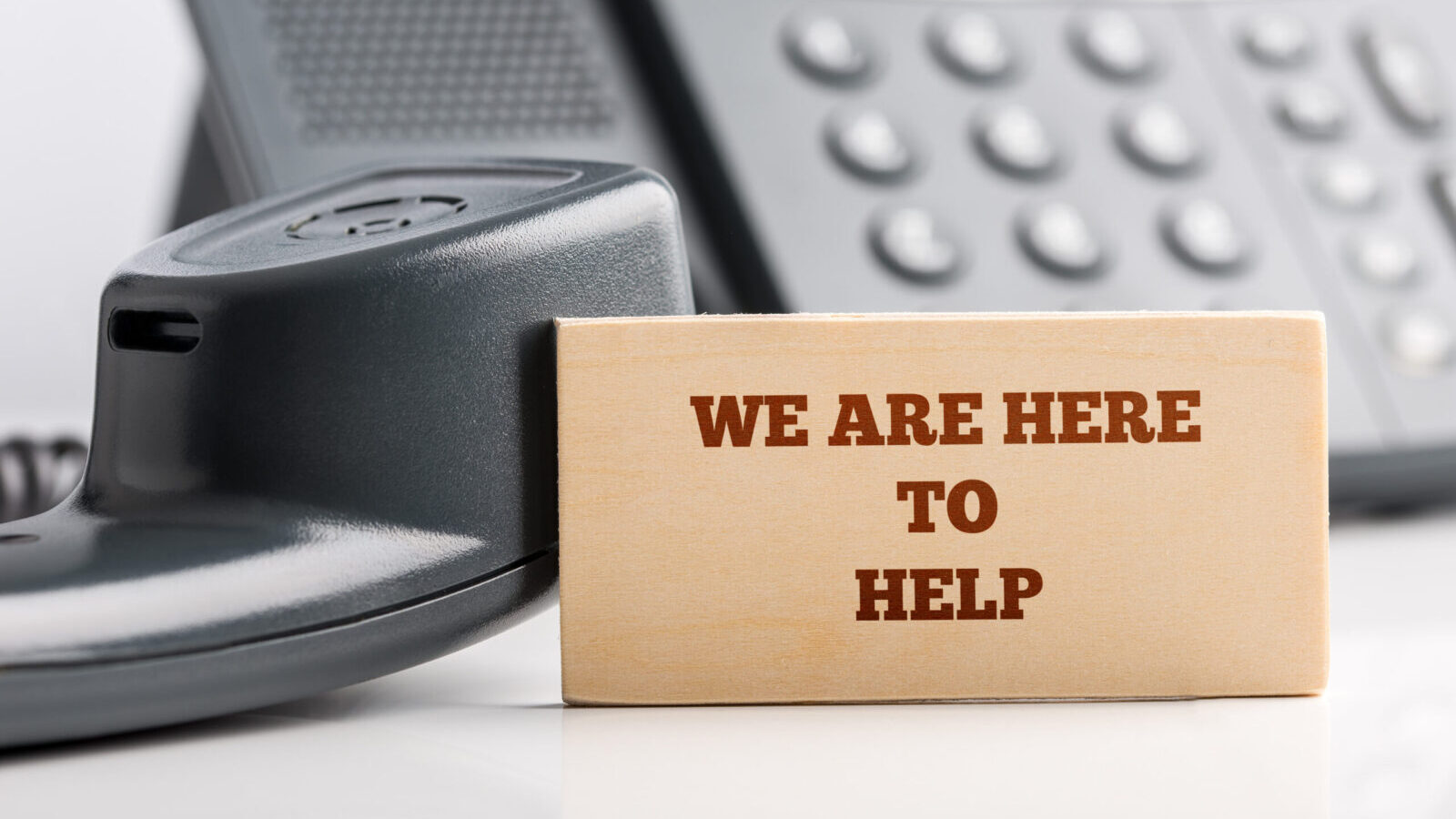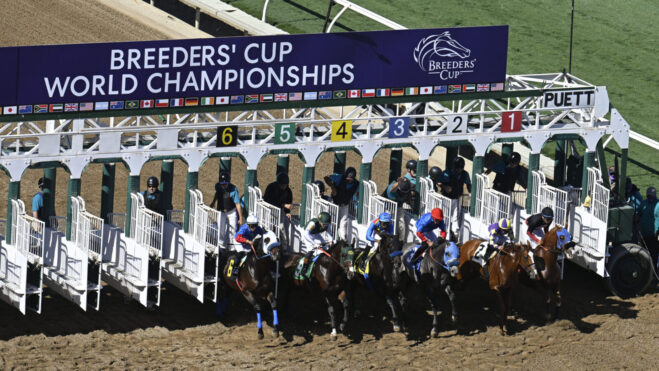Florida Gambling Helpline Claims Regulator Distorted Contract Negotiation Process To Congress
Emails from last June show discussions taking place until a communication breakdown
4 min

Florida’s problem gambling helpline is alleging the Florida Gaming Control Commission mischaracterized the parties’ failed contract negotiation during testimony to state lawmakers when it said the helpline “declined” its renewal offer.
On March 4, the FGCC’s acting executive director, Ross Marshman, testified to the House State Administration Budget Subcommittee regarding why the FGCC allowed its Compulsive or Addictive Gambling Prevention Program to lapse on July 1, 2024.
There has been no state-funded problem gambling helpline in Florida since then.
“There can be no exception. We can’t have the lapsing happen,” Rep. Vicki Lopez, the subcommittee chair, said. “What action are you taking to quickly correct this?”
Marshman responded: “The commission offered to renew the contract with the vendor at the time, at the end of the fiscal year ’23-’24, and that offer was declined.”
That vendor at the time was the Florida Council on Compulsive Gambling, part of the national 888-ADMIT-IT problem gambling helpline network.
And in an email thread sent to lawmakers obtained by Casino Reports, the FCCG’s attorney claims Marshman didn’t accurately represent the contract negotiation and that the FCCG did not decline the contract offer.
Lawyer: FGCC ‘rejected’ attempts to negotiate
The FCCG is not taking any action against the gaming commission, but it did have its attorney write an email to Rep. Lopez and Bruce Topp, budget chief of the House State Administration Budget Subcommittee.
“We do feel strongly that the record needs to be corrected,” attorney Richard Pinsky wrote in the email.
“On behalf of my client, the Florida Council on Compulsive Gambling, we take great exception to the answer provided by the Gaming Commission acting director, Ross Marshman, to the House State Administration Budget Subcommittee on Tuesday March 4, 2025.
“[The] Gaming Commission was in essence offering a ‘take-it or leave-it’ renewal option. Attempts to negotiate an acceptable renewal contract [were] rejected by the Gaming Commission, resulting in the contract expiring, and the Florida Compulsive and Addictive Gambling Prevention Program ceasing to operate.”
In February, Jennifer Kruse, executive director of the FCCG, told Casino Reports her organization did not decline the gaming commission’s contract renewal offer. Instead, she claimed they said they’d accept the contract with modifications to the reporting requirements — which Kruse believed were overboard and bordering on impossible, given her small staff size.
“And they didn’t want to [change the reporting requirements],” Kruse explained. “So it wasn’t just we told them, ‘No, we don’t want to work with you anymore.’ It’s definitely not the case and we would love a path forward to go back to being able to work with them and to provide these important resources.”
The FGCC, meanwhile, sent Casino Reports a statement in February saying something very similar to what Marshman told the subcommittee on March 4:
“For many years, the Florida Gaming Control Commission and the Florida Council on Compulsive Gambling had a contractual relationship. At the end of the latest term of its contract with the Commission, the Council declined the Commission’s offer to renew the contract.”
The FGCC did not respond to Casino Reports’ request for a response to allegations it mischaracterized the contract negotiation process to lawmakers.
Emails between helpline and commission
As part of his written correspondence to Lopez and Topp, Pinsky included an email thread between Kruse and Shane Phillips, the FGCC’s general services purchasing manager, detailing some of the back-and-forth between the two parties in the days leading up to the contract ending on July 1.
We have included the dates of the emails and excerpts from those emails.
June 24, 2024
Kruse to Phillips
“Please see attached our proposed Amendment 2 draft, to modify the Scope of Work Deliverables contained under the current Contract. This would be necessary for us to move forward.”
June 27, 2024
Phillips to Kruse
“Florida law dictates that the renewal of a contract such as this must be tied to the same terms and conditions set forth in the initial contract and any subsequent written amendment. … Accordingly, the Commission will agree to renew the existing contract as previously amended.
“If the agreement is renewed, the Commission is willing to explore further amendments starting in early July. However, as previously discussed, any future amendment would be subject to the same laws that have always applied to this agreement. See, e.g., § 287.058(1)(e), Fla. Stat. (requiring agency contracts to include ‘[a] provision dividing the contract into quantifiable, measurable, and verifiable units of deliverables that must be received and accepted in writing by the contract manager before payment.’) (emphasis added).”
June 28, 2024
Kruse to Phillips
“We disagree that you could not provide an amendment. This amendment is not a substantial, material change, to the contract on the services provided. It is a change to the mountain of monthly information that must be provided to justify payment under the current agreement.
“As to the Amendment — it is in fact allowed under Florida law as explained above. None of the work changes; merely the monthly documentation.
“As you know, we feel strongly about this program and hope one of these proposed solutions is considered by the Commission so that we can move forward in true partnership together on this important program that provides necessary supports for Florida’s citizens.”
June 28, 2024
Phillips to Kruse
“Based on your most recent correspondence, the Commission understands that you are declining to renew the existing contract as previously amended. As of July 1, 2024, the contract will no longer be in effect.”
June 28, 2024
Kruse to Phillips
“You are mischaracterizing my communication with you in this regard.
“We are not declining, we have outlined a path to move forward, which the Commission is clearly rejecting.”
So … when will there be a state-funded program?
Since the contract ended July 1, there has not been a state-funded problem gambling support helpline in Florida for nearly nine months. During that time, the Florida Council on Compulsive Gambling has still operated thanks to funding from the Seminole Tribe.
Rep. Lopez asked Marshman when the gaming commission expects to secure a partnership with a new helpline provider, and when that provider will go live in Florida.
“[We’re] in the last stages. … The next step would be publishing an intent to award, and that should be coming out imminently,” he said. “We’re in the last stages of that.”
Marshman expects the new helpline to go live “a few months” after the contract is signed. He couldn’t, however, guarantee that would happen within the next 60 days when asked that directly by Lopez.





